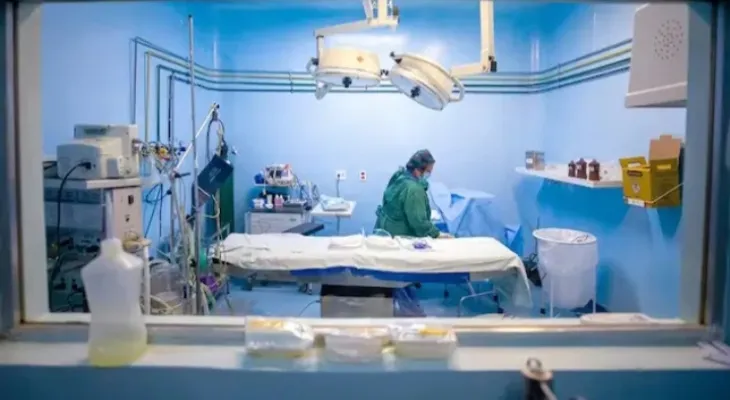Search here
Newspaper
Search here

Arab Canada News
News

Published: January 25, 2024
Kelly Konikszny is one of many people whose surgeries have been delayed due to a shortage of anesthesiologists in Alberta.
Konikszny said, "I was shocked because I never thought this was a possibility, and it felt like the rug was just pulled out from under us."
Konikszny suffers from chronic kidney disease and has been waiting for a living kidney donor for more than four years.
But the kidney transplant coordinator told her earlier this month that the Northern Alberta Organ Donation Agency temporarily withdrew from the national kidney donation program, partly due to a lack of enough anesthesiologists to perform surgeries. So her wait continues.
Alberta Health Services said the temporary halt is just that — temporary — and that the Northern Alberta organ transplant team will work with Canadian Blood Services to assist highly sensitized patients with limited options during the pause.
But Konikszny’s story is not uncommon. Dr. Lucy Filto, president of the Canadian Anesthesiologists’ Society, said that the shortage of anesthesiologists is not just a problem in Alberta. She said provinces across Canada are dealing with vacancies, which have been exacerbated by the pandemic.
According to 2019 figures from the Canadian Medical Association, there are nearly nine physician anesthesia providers per 100,000 people in Canada, which is far lower than other high-income countries such as Germany, Australia, the United States, and the United Kingdom.
Dr. Kevin Gregg, head of anesthesiology at the Alberta Medical Association, has witnessed the effects of the shortage firsthand. He said many anesthesiologists retired during the COVID-19 pandemic. He added that burnout among doctors is a factor, and morale in hospitals has been low in recent years.
It’s not surprising that there’s some fatigue; he says he works, on average, 60 hours a week.
"At some point, people burn out and want to slow down," Gregg told The Current host Matt Galloway. "We have people who used to take a lot of extra calls to help the group and do extra cases, but we’re not seeing that now."
But the challenge is not just the shortage of anesthesiologists. He says that with Canada’s aging population facing a variety of health issues, there has been an increase in the number of surgeries needed.
Health authorities must make decisions about which surgeries should be prioritized and which should be postponed.
Prioritizing surgeries
Gregg, who works in Edmonton, said the shortage of anesthesiologists means hospitals and regional health authorities must make tough decisions.
He added that at the end of the day, the operating team decides which surgeries are prioritized.
This means that cancer-related surgeries are scheduled first, while elective surgeries and those related to quality of life must be postponed.
Filto said rural areas are the hardest hit.
Comments